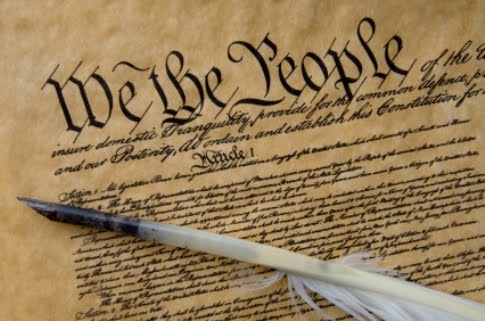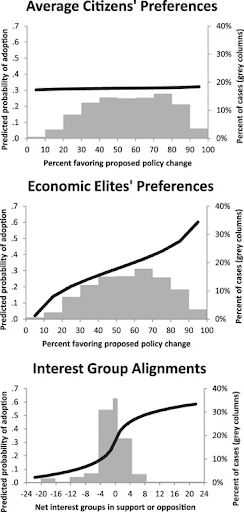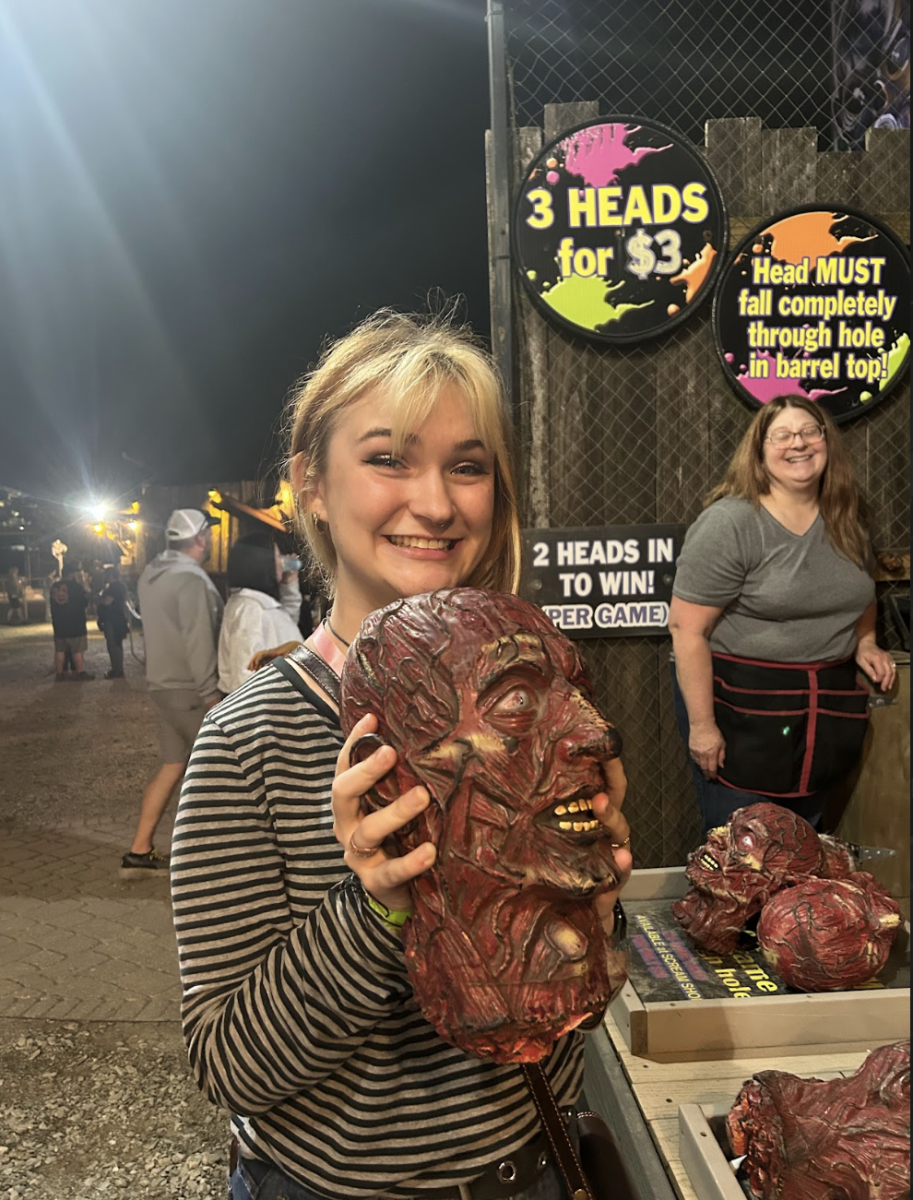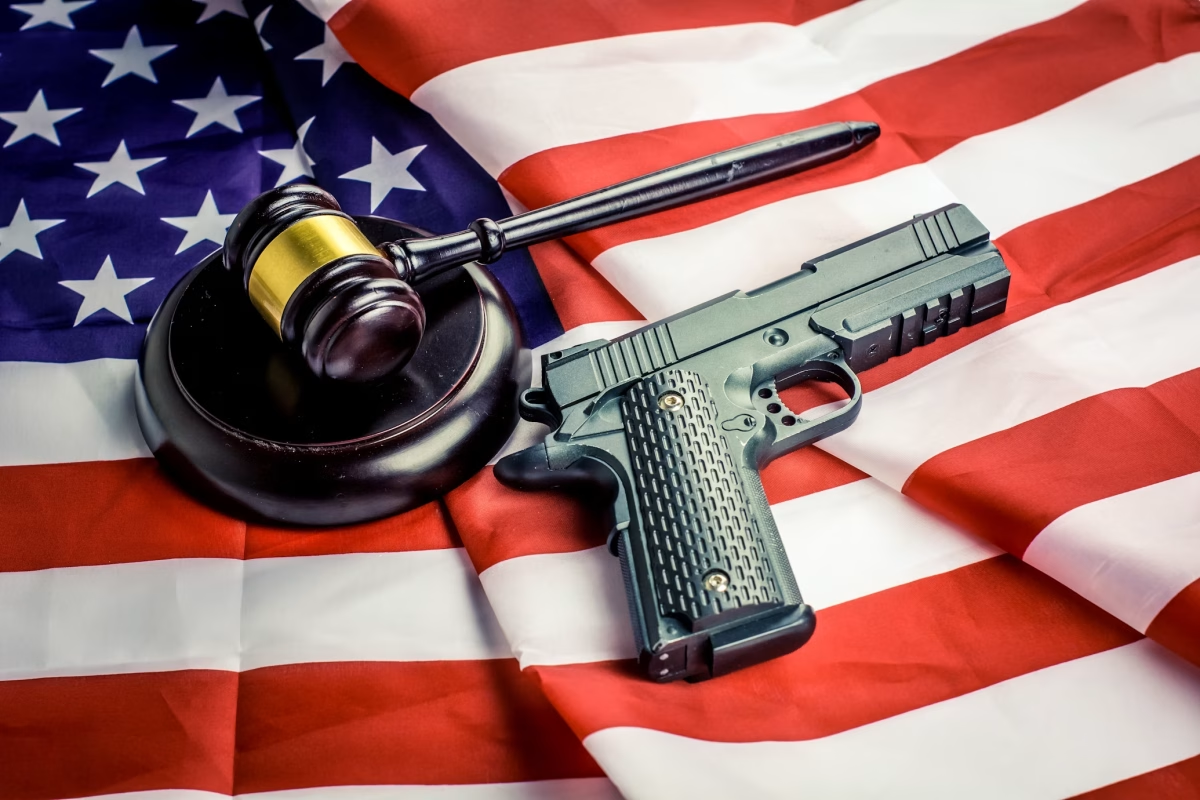
So often today, you will hear people on both sides of the political aisle argue about whether we are a democracy or a republic. At first glance, this may seem like a silly semantic argument that ultimately has little bearing on our current state of affairs; in reality, this debate draws the line between two views on what this country should be on a foundational level and also means absolutely nothing.
When I use the terms democracy and republic, know that I am not referring to the partisan political parties but rather the governmental systems. Remember, lowercase d and r don’t refer to political parties.
Since Trump’s election in 2016, the topic of whether the US was a democracy or a republic has become a hotly debated topic because of
how the Republican party controlled both the presidency and the Senate without a plural majority of votes. This was only heightened considering George Bush lost the popular vote in the hotly contested 2000 election.
This rule of the minority is overtly and abundantly anti-democratic but most conservatives will argue that doesn’t matter because we are not a democracy, we are a republic. They are not entirely wrong but definitely not right.
Democracy is very simply defined as the rule of the majority while republicanism (lowercase r) is a representative government that is defined by a charter or constitution. Put simply, the US carries aspects of both democracies and republics. To define it as one or the other would be an incorrect statement. These are both forms of government that derive their legitimacy from the rule of the people but a republic comes pre-packaged with rights and protections for people so that the base whims of the majority don’t trample on their liberties.
With this in mind, the debate might seem pretty simple, we are a republic. The problem is that the definition of republic that is used today has been warped to defend any kind of anti-democratic behavior.
At the end of the day, a republic cannot exist without democratic values, so trying to separate republics from democracies is like separating peanut butter from jelly. You can eat peanut butter on its own but the jelly needs the peanut butter to be edible (fight me). No matter how much people try to draw a definitive line between a democracy and a republic, they will always fail because republics ARE a form of democracy.
Republics are designed to protect the rights of the minority from the tyranny of the majority but they are also governed by the will of the people. Our governmental system was specifically designed so that minority political groups still get representation, but that does not mean that the minority should overshadow the majority.
Don’t get it twisted, what happened in 2016 is blatantly anti-democratic and goes against republican ideals. Hillary Clinton got over two million more votes than Trump, yet he still got the presidency without the consent of the majority.
The purpose of representative democracy and republicanism is to make sure the minority still has a seat at the table, not so that the minority can overpower the majority.
Despite this, the Republican Party has become obsessed with emphasizing that we are not a democracy but a republic, but their semantic argument still doesn’t hold up because republics still derive their legitimacy from the consent of the people.
Republics are meant to foster a complex and layered form of majority rule so that there is a barrier between legislation and the immediate whims of the public. They are not meant to allow the minority to rule.
This resentment towards democratic ideals has come to reach a boiling point where the word democracy is used as an evil buzzword by some conservative groups.
For example, the Heritage Foundation, a conservative foundation behind the openly fascistic Project 2025, which promises to consolidate executive power and trample civil liberties, wrote this on its website:
“Democratic habits, an ethic of familiarity, and egalitarian social, fiscal, and educational policies have erased any meaningful differences between the sexes; denies the special place reserved under the law for the traditional family; replaced procreation with the equalizing power of “choice” as the basis of marriage; flattened economic inequalities between the rich and the poor; treated good and bad students as equals; and dissolved the difference between citizen and foreigner. As for religion, especially its Judeo-Christian form, democratic mockery of it and its preoccupations with the soul has long pushed this elevating resource to the sidelines of American life.”
Sometimes it is best to simply let words speak for themselves because this is horrifying. You cannot get more mask-of than this as they are not advocating for a legitimate republic ruled by the people but rather the constitution. Not the Constitution as it exists though, but
a distorted form of it that is bent and contorted to fit the thinly veiled concept of constitutional originalism.
As much as I wish I could say that our democracy is under attack like every person on the left has been saying for years on Twitter and national TV, it’s hard to say our democracy is under attack when we don’t have a democracy, to begin with.
That’s right, I said it. The United States is neither a democracy nor a republic.
Sure, it carries over aspects from both, but in large part, America is currently not democratic; it’s plutocratic.

A 2014 study from Cambridge University found that public opinion actually has little to no impact on public policy outcomes. Comparatively, the US Government is much more responsive to interest groups and economic elites.
Ninety percent of the population has absolutely no influence on public policy as a bill has the same flat 30% chance of passing regardless of whether it is widely popular or unpopular. Comparatively, the government is much more responsive to the will of the top 10%. For the vast majority of the U.S. population, the government is not at all responsive to their opinions, but they will listen to the richest among us. A bill is much more likely to be struck down if it’s unpopular amongst economic elites and is also more likely to be passed if it is popular amongst elites.
On paper, we can say and hope that we have a democracy or republic, but in practice, we have a government that is not at all responsive to the will of the people. In the end, you and your vote don’t really matter because the top 1% have a perpetual chokehold on our government.
This is partially thanks to the ruling on the 2010 Supreme Court case, Citizens United v. Federal Elections Commission, which essentially equated money to free speech and opened the floodgates for deregulation of campaign finance laws.
While the democracy/republic debate may not mean much on a substantive level currently, it still reveals where people’s values lie and whether they care about the voice of the people or the voice of long-dead men who cared more about the views of rich white men from 250 years ago.
America, as it was founded, was not a proper democracy or republic because it placed the cards of power in the hands of rich white men and since then, it’s been a constant challenge to expand our democratic practices to include everyone and not just a select few. For centuries, this country has been fighting with itself to live up to the original precept of “We the people,” and we still have not created that more perfect union.
America is a plutocracy that has been masked by the mirage of democratic values.
We are not a land by the people, of the people, or for the people, we are a land by, of, and for the rich and powerful.







